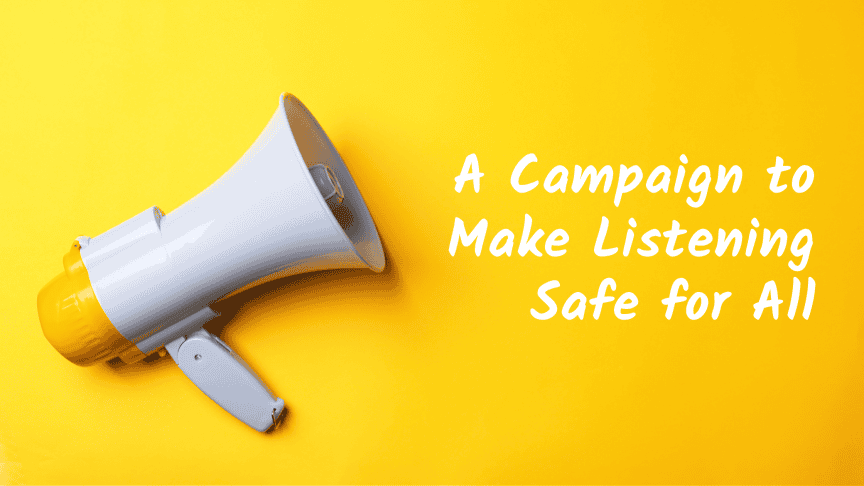- A Closer Look at Common Myths About Hearing Loss - May 7, 2024
- The Impact of Pets on Emotional and Hearing Health - April 26, 2024
- Strategies for Coping with Single-Sided Deafness - April 16, 2024
The World Health Organization (WHO) has a new initiative targeted at safe listening. The campaign is all about raising awareness of the dangers of loud noise, and encouraging everyone to protect their hearing. The WHO also wants to set tougher guidelines in workplaces so that no one has to be exposed to noise that will lead to hearing loss.
Can Noise Damage Your Hearing?
When you’re exposed to very loud noise for too long, you will experience hearing loss. Millions of people are exposed to dangerously loud noise every day, either on noisy job sites, during loud leisure activities, or when listening to music with earbuds or headphones. All these loud noises can lead to permanent hearing loss known as noise induced hearing loss.
What Sounds Are Too Loud?
Today’s guidelines about noise are very clear. Sounds that are louder than 85 decibels (dB) can damage your hearing if you listen for 8 hours or more. And the guidelines also show that louder sounds cause hearing loss faster. Sounds that are over 100 dB will cause damage in just a few minutes, and sounds over 120 dB can even cause immediate hearing loss! Want to find out how loud a sound is? You can download a free decibel reader app and test the volume wherever you go.
Here are a few examples of sounds louder than 85 dB:
- A loud lawnmower
- Power tools
- A chainsaw
- A construction site
- Heavy machinery
- Working in a factory
- Heavy traffic
- Attending a sports game
- Going to a concert
- Riding a motorcycle or ATV
- Listening to music with the volume on high
- Firing a gun
- Standing close to fireworks
These are just some sounds that can cause noise induced hearing loss. Moderately loud sounds may take several hours to affect your hearing, but loud and very loud sounds can cause hearing loss in just a matter of minutes or even seconds! When you’re around any of these sounds, make sure you’re wearing earplugs or earmuffs to protect your hearing.
Personal Listening Devices
The campaign to make listening safe for all stresses just how loud our personal listening devices can get. When you turn the volume all the way up, you’re often blasting music at over 100 dB! Not only that, but this music is going directly into your ear canals. Part of the campaign to make listening safe for all is to provide more education about personal listening devices.
The people most likely to experience hearing loss from personal listening devices are teenagers. In fact, the WHO has done the calculations and they estimate that 1.1 billion teenagers around the world are risking their hearing. Teens often don’t realize just how damaging these sounds can be. And they often spend several hours a day using loud music to block out other background sounds.
What Are Safe Listening Practices?
Do you have teens in your family? Make sure you teach them about safe listening practices. When listening to music or audio using earbuds or headphones, never turn up the volume higher than 60%. This keeps the volume at a safe level and prevents hearing loss.
We also recommend taking a break from listening once every hour or so. This gives your ears a chance to rest and can prevent hearing loss.
Wearing Hearing Protection
Another important part of safe listening is wearing hearing protection. Whenever you use power tools, step onto a noisy jobsite, or go to a concert or sports game, wear hearing protection! Foam and wax earplugs are great for moderately loud noise, and earmuffs are great for heavy duty protection from extremely loud noise.
Wondering when to pop in your earplugs? Try saying something to your friend. If you have to yell to hear each other then it’s too loud. Time to put in earplugs!
Protect Your Hearing!
When it comes to protecting your ears and your hearing, we’re here to help! Visit us today to learn more about your hearing, what causes hearing loss, and what you can do about it. Whether you want to find out more about hearing aids to treat your hearing loss, or you want to discover more options for hearing protection, we’ll help you with all your hearing health needs.

